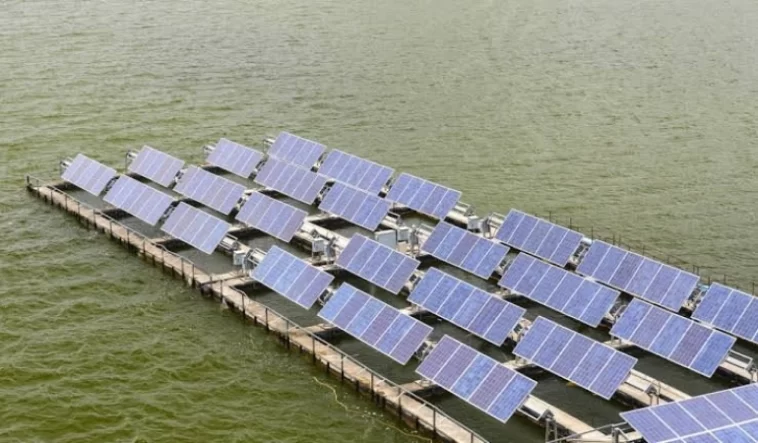In order to reach the 10,000 Megawatt peak (MWp) objective for solar plants and support the local economy, the government is expected to exempt solar equipment from all taxes.
According to Business Recorder, the Economic Coordination Committee (ECC) of the cabinet will be presented with a “Solar Panel and Allied Equipment Manufacturing Policy 2023” that the Ministry of Industries and Production (MoI&P) has produced.
The government has prioritised raising the share of domestic energy resources to 90.2% by 2031 as part of the Indicative Generation Capacity Expansion Plan (IGCEP), which will be accomplished primarily through renewable energy sources, in response to the policy’s assertion that the energy crisis and trade restrictions have put pressure on the country’s balance of payments. In this regard, the prime minister has approved the production of 10,000 MW of solar energy to address energy challenges.
The predicted demand is likely to create a substantial market for solar modules and associated equipment as investors express interest in investing in solar PV panel and equipment production facilities in Pakistan. To make local manufacturing feasible, a government policy intervention is unavoidably needed.
The present tax/tariff system on imports of solar equipment shows that solar panel imports are subject to a 17 percent sales tax, but imports of full panels are duty/tax-free. To facilitate long-term investment, the new strategy suggests a 10-year policy framework. Additionally, it calls for the elimination of all customs and levies on the importation of plant, machinery, and equipment used in the production of solar panels.
The policy also suggests a fair sales tax system for manufacturers and importers, a 10-year tax holiday for new and existing solar manufacturing facilities, low-interest bank loans and financing, support for exports through adequate incentives, preference for locally produced solar panels and related equipment in government procurement, encouraging the establishment of internationally recognised and accredited laboratories, and finally, the creation of Imple.
The suggested strategy aims to assist the regional business community. Overall, its implementation will help the government provide citizens with clean, inexpensive energy, combat climate change, conserve foreign currency, and boost export growth through local and foreign investments.
The suggested programme will also boost business activity in already-established industrial areas including aluminium, frame, cable, and others.


